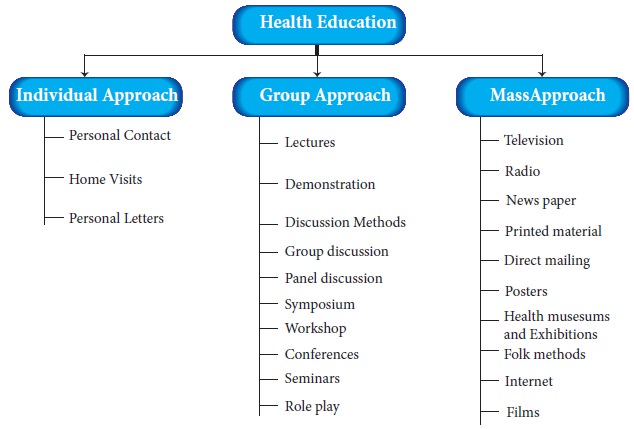
Empowering Communities: Public Health Education Essentials
In an era where health plays a pivotal role in our lives, the importance of public health education cannot be overstated. Public health education serves as a cornerstone for fostering informed communities, promoting preventive measures, and ensuring a healthier society.
Understanding the Basics of Public Health Education
Public health education goes beyond individual well-being; it addresses the collective health of communities. At its core, it involves the dissemination of knowledge and skills necessary to make informed decisions about personal and community health. This multifaceted approach includes topics such as disease prevention, nutrition, hygiene, and the importance of vaccinations.
Promoting Preventive Measures
One of the primary goals of public health education is to instill a proactive mindset within communities. By educating individuals about preventive measures, such as regular health check-ups, vaccinations, and healthy lifestyle choices, public health education empowers people to take charge of their well-being. Preventive measures not only save lives but also reduce the burden on healthcare systems.
Addressing Health Disparities
Public health education plays a crucial role in addressing health disparities that exist within communities. By providing accessible and culturally sensitive information, it aims to bridge the gaps in healthcare access and outcomes. Through targeted educational initiatives, communities can work towards achieving health equity for all.
Community Engagement for Healthier Living
Empowering communities to actively participate in their health is a key aspect of public health education. Workshops, seminars, and community events create spaces for dialogue, allowing individuals to share experiences and learn from one another. This engagement fosters a sense of collective responsibility for health and encourages supportive networks.
The Role of Technology in Public Health Education
In the digital age, technology has become an invaluable tool for public health education. Online resources, mobile applications, and virtual platforms facilitate the dissemination of information to a wider audience. Leveraging technology ensures that educational initiatives are accessible and adaptable to diverse learning preferences.
Educational Partnerships and Collaborations
Public health education thrives through collaborative efforts. Partnerships between educational institutions, healthcare providers, and community organizations amplify the impact of health education programs. By working together, these entities can create comprehensive and sustainable initiatives that cater to the unique needs of different communities.
Public Health Education in Crisis Response
The importance of public health education becomes especially evident during crises. Whether facing a pandemic, natural disaster, or public health emergency, an informed community is better equipped to respond effectively. Education empowers individuals to understand risks, follow guidelines, and contribute to collective efforts for a swift recovery.
Advocacy for Policy Change
Public health education goes hand-in-hand with advocacy for policy change. Informed communities are more likely to advocate for policies that prioritize health and well-being. Through education, individuals can engage in constructive dialogues with policymakers, influencing decisions that impact the broader health landscape.
Measuring the Impact and Moving Forward
Assessing the impact of public health education initiatives is essential for continuous improvement. Data collection, feedback mechanisms, and monitoring health outcomes help refine educational strategies. By constantly adapting to emerging health challenges, public health education can remain effective in promoting healthier communities.
To learn more about the essential role of public health education, visit studentals.net. Empower yourself and your community by embracing the knowledge that contributes to a healthier, more informed society. Public health education is not just an investment in individual well-being; it’s an investment in the collective health and resilience of communities.

